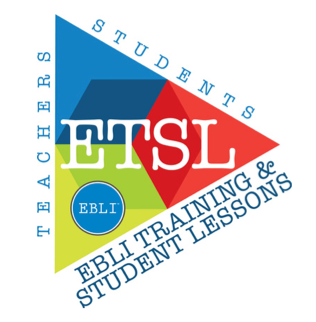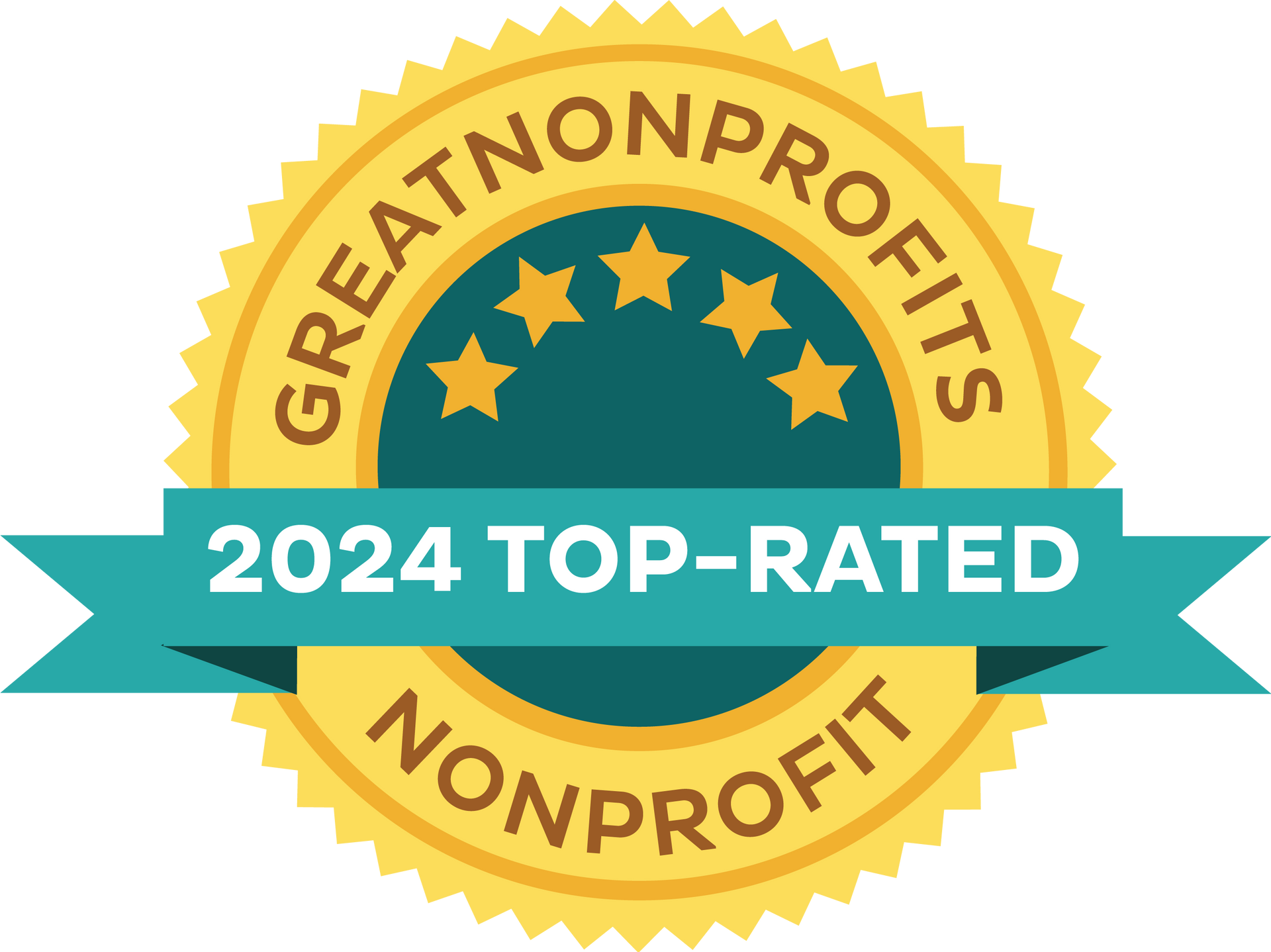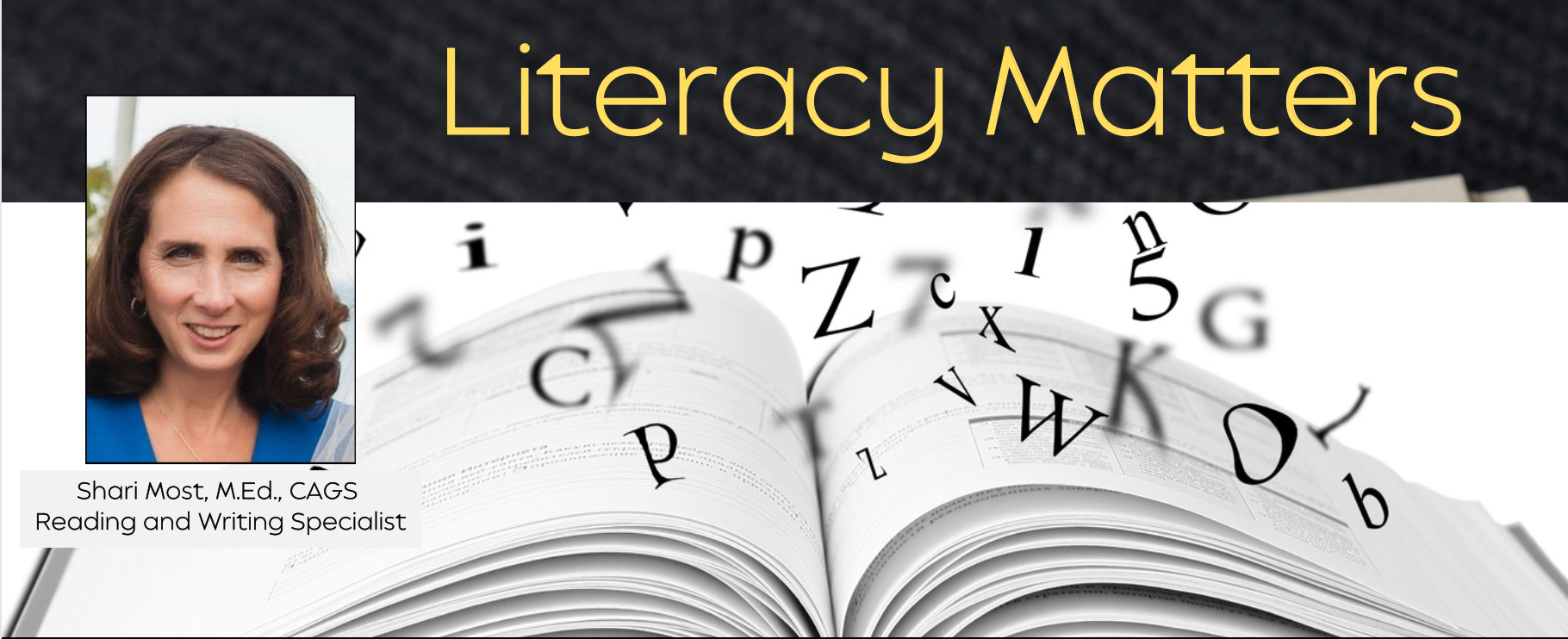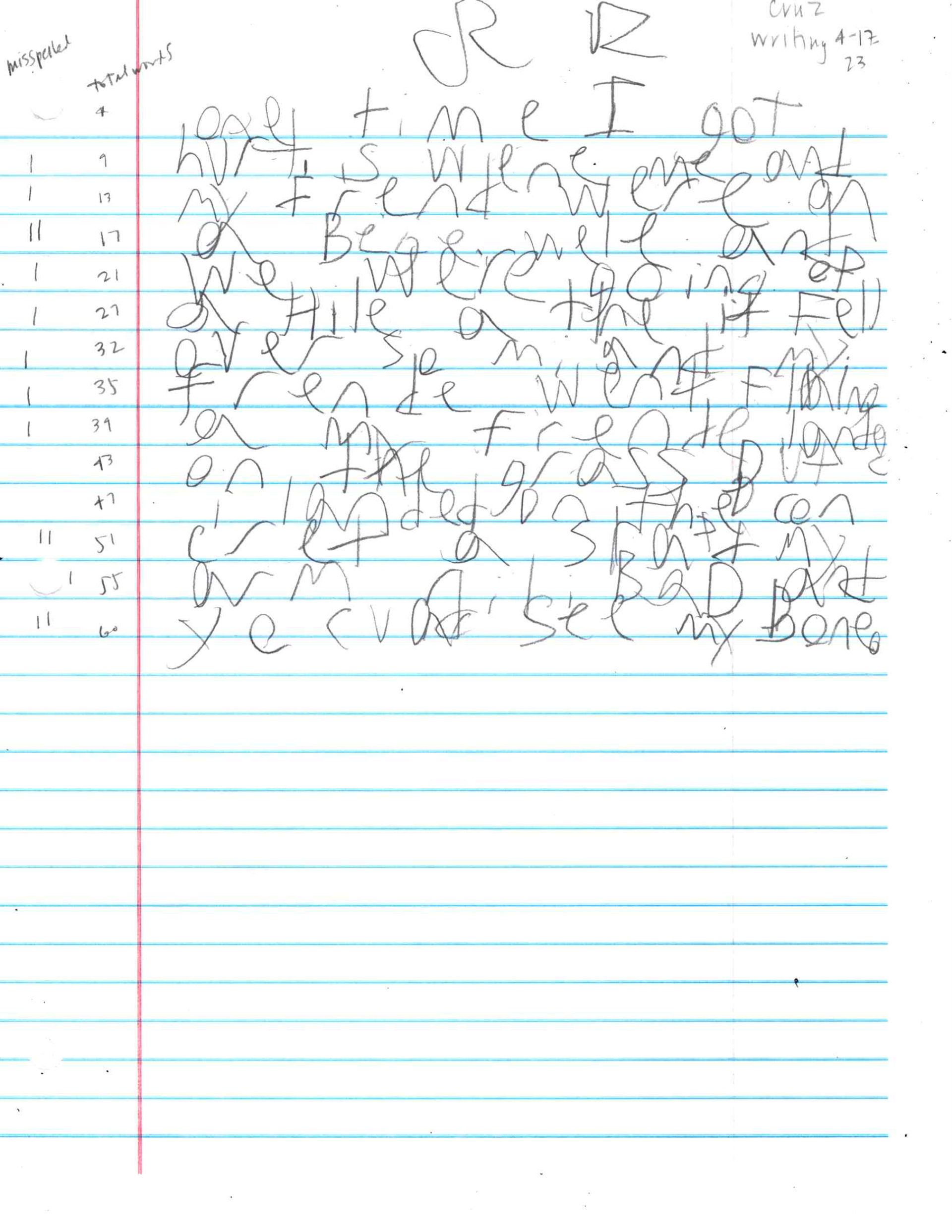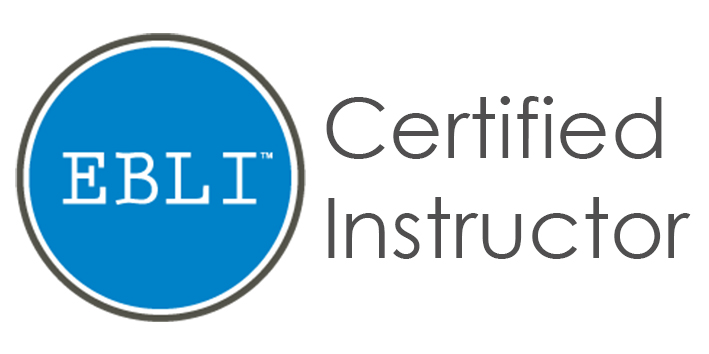
As a private tutor in Denver,
Shari Most spent twelve years using Orton Gillingham to help children diagnosed with dyslexia learn how to read. Prior to her work in Colorado, she was a Literacy Specialist in the Newton and Arlington, Massachusetts Public Schools, using OG with struggling readers. With a Master’s degree in Elementary Education and a CAGS in Reading from Massachusetts General Hospital Institute of Health Professionals, Shari values state of the art literacy instruction. After two decades of using OG, she is extremely proud to not only switch to a Structured Linguistic Literacy Approach with her students but is also committed to spreading the word about how Evidence Based Literacy Instruction (EBLI) can transform education in our community. This work is our community’s “Next Big Thing” to combat the illiteracy crisis.
Whether you're a parent, educator, health professional, or a member of our community, the wealth of information provided below is both meaningful and enlightening. From podcasts and articles to movies, videos, and research findings, there's a plethora of resources available to deepen your understanding.
By prioritizing literacy education and support, we actively contribute to the creation of a more equitable society, ensuring that every individual has the essential tools for success, participates fully and makes meaningful contributions to their communities.
RECOMMENDED RESOURCES:
ABOUT EBLI:
List of Services
-
Evidence Based Literacy Instruction (EBLI) Website
Structured Linguistic Literacy:
An accelerated, systematic, explicit, and integrated instructional speech-first approach to spelling and reading.
-
EBLI: Leveraging the Science of Learning to Empower ‘Teaching the World to Read’List Item 1
An accelerated, systematic, explicit, and integrated instructional speech-first approach to spelling and reading.
-
What Does the Data Say? EBLI Background, Features, and ResultsList Item 2
PODCAST:

MOVIE:
BOOKS:
OG vs EBLI:
List of Services
-
Where Does the "The Science of Reading" Go From Here? -Mark S. SeidenbergList Item 4
The science of reading approach has lost the sense of urgency about getting readers off the ground quickly. Explicit instruction is time-consuming. Only a limited amount is necessary, and the 'harm' of overteaching is the opportunity costs: It eats up precious classroom time that could have focused on other goals.
-
THE READING LEAGUE JOURNAL: Orton-Gillingham: Which Aspects are Supported by Research and Which Require Additional Research?List Item 2
-Christy Austin, Liz Stevens, Alisha Demchack, and Emily Solari
We encourage educators and policymakers to be critical consumers of the current evidence base to better
understand the advantages and disadvantages of different instructional approaches.
-
A Speech-to-Print, Linguistic Phonics Approach: What Is It and How Does It Compare to Orton-Gillingham? -Miriam Fein, MS, CCC-SLPList Item 1
A speech-to-print approach to the remediation of reading and spelling difficulties shares many features with the Orton-Gillingham approach but also differs in significant ways.
-
THEN AND NOW: How Linguistic Phonics and EBLI have Transformed My Literacy InstructionList Item 3
Jennifer Newman describes the various elements of EBLI instruction and how adopting a shift from Print to Speech to Speech to Print orientation has made a significant difference in her students' acquisition of foundational reading and spelling skills.
-
Yale Child Center Talk: Mark S. Seidenberg
The science of reading approach has lost the sense of urgency about getting readers off the ground quickly. Explicit instruction is time-consuming. Only a limited amount is necessary, and the 'harm' of overteaching is the opportunity costs: It eats up precious classroom time that could have focused on other goals.

LOOKING FOR EBLI INSTRUCTORS & DEMONSTRATION CLASSROOMS!
